Prioritising relationships will assist children to settle in
As you all settle into the new year, some of you will be transitioning into new environments and will be welcoming new children into your spaces. Emotions will be high, children and parents will be uncertain and they will all need reassurance, time to settle and most importantly time to get to know you and to trust you.
Trust that you will
• assist them to settle and to feel safe and secure
• be there when their little one feels alone
• pick them up when they fall
• read to them when they are tired
• support them to recognise and manage their emotions
• reassure them when they lack confidence
• engage in their play and support their learning
• laugh with them and ensure their days are fun-filled
For children to thrive they must first feel safe and secure and for them to feel safe and secure it is essential that you prioritize building warm, caring and nurturing relationships with the children in your care. Connect and speak regularly with the child’s parents as your positive interactions will the parents will assist them to see you as someone they too can trust.
For children experiencing separation anxiety who are stressed or anxious; be there for them, sit with them, read to them, keep them with you if you have to move about. For babies this may mean a baby carrier so you have your hands free to care for others. Some children will need much more reassurance than others and that’s okay. Time and consistency in your attentions and responses to them will help to build their trust in you. Empathise with them. Help them to label their emotions. reassure them that their parent will be back. This is an opportunity for you to learn as much as you can about the child and their interests.
Discourage parents from sneaking off when their child is settled. It might avoid the tears but will manifest distrust. Encourage parents to say their goodbyes and reassure the child they will be back. Remind them how important it is to be back when they say they will. Failing to be there when they said will undermine the child’s trust in you. Find out when the parent will be back to collect and when the child asks you and they will, many many times,”When will mum come?” be honest. Tell the child mum will be back at 4 pm or after outside time. Remember you are establishing a trusting relationship with the child so saying ‘soon’ is not good enough. You will find that the child may settle but will become upset again when there are lulls in the program, around rest and meal times. Again this is okay, just sit with them, reassure them that they are okay and that you are there for them and remind them about what is happening now and what you will be doing next.
Some children will need a comforter. This might be a blanket, dummy or toy. If it offers the child comfort and security then it is important that they can hang onto it. This will assist to minimise the anxiety they are feeling.
Sometimes something of the parents will assist the child to settle. A photo with a parent, a recorded story or a lullaby they can listen and re listen to, even a set of keys. The child may believe the keys are very important to mum and will take comfort in knowing she will be back for them because they have such importance. Have another family member drop the child off. The separation is not as difficult for the child if he is the one doing the leaving.
Remember to laugh, have fun and enjoy spending time with and getting to know the children entrusted into your care.



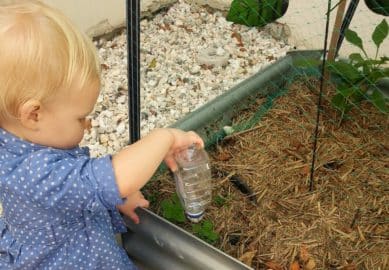
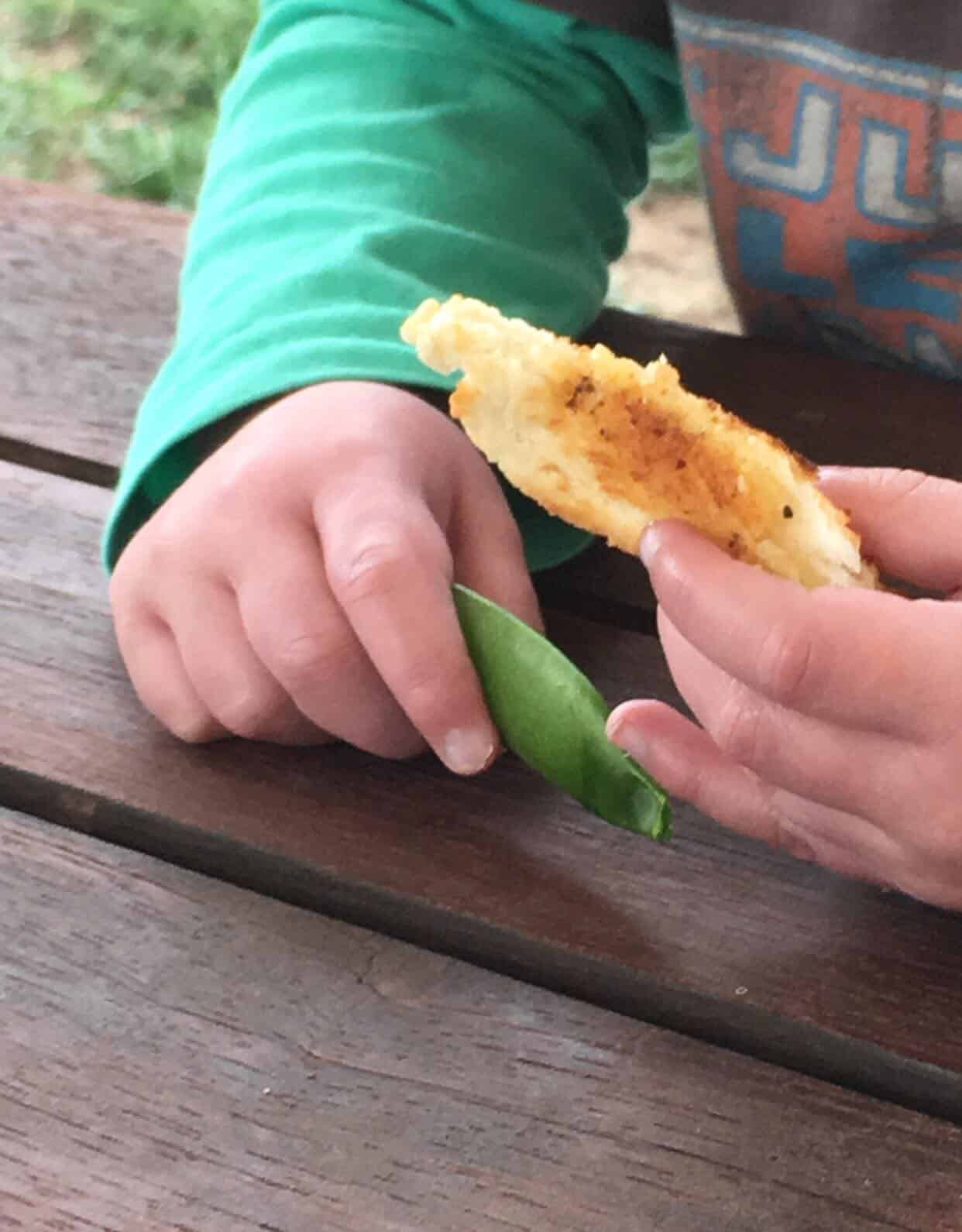
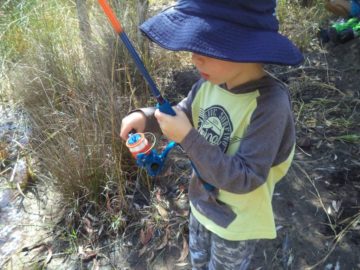


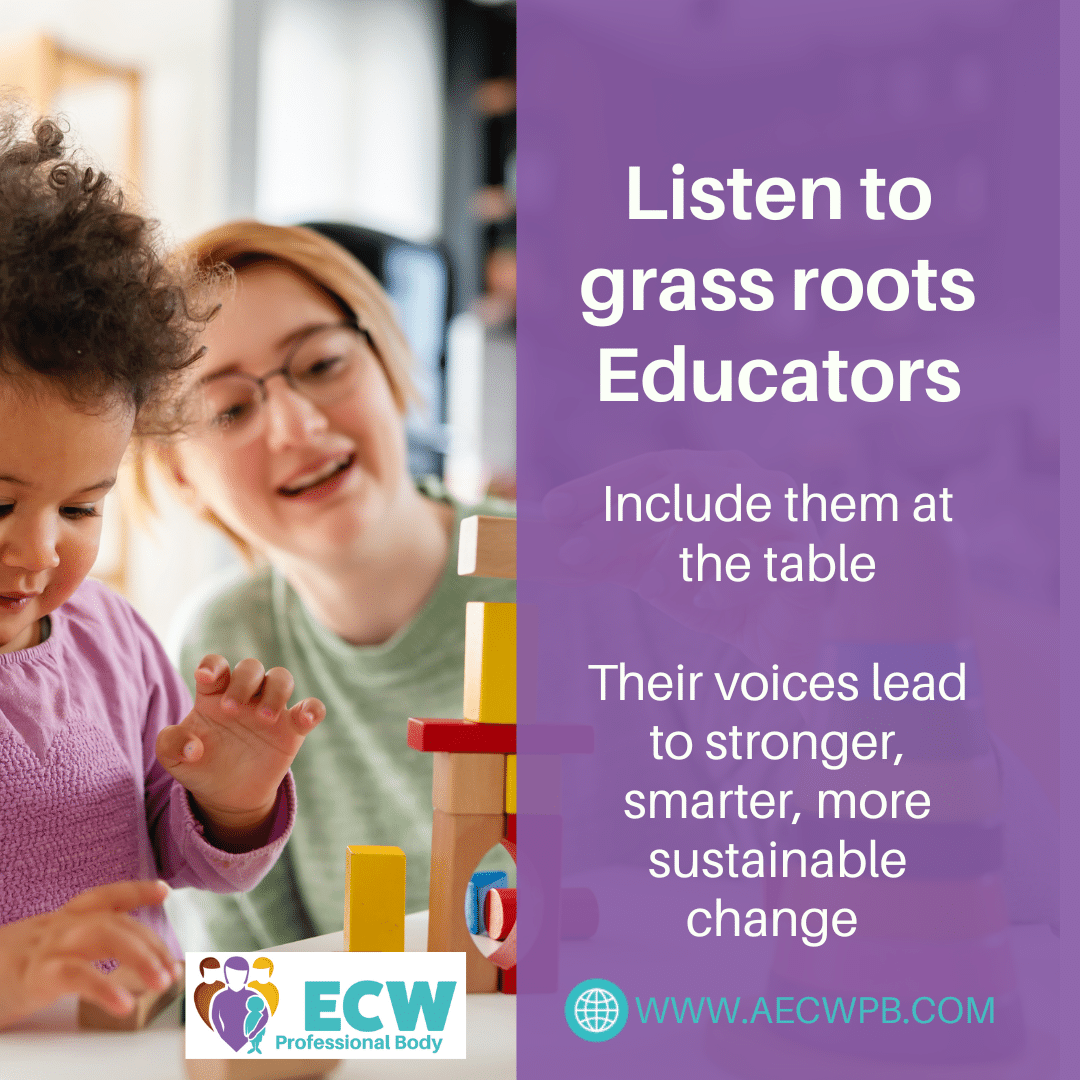
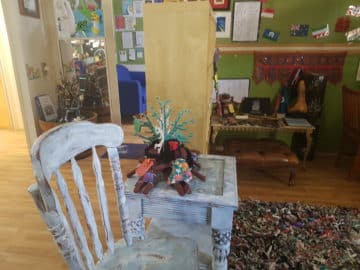
Lee, I really like what you have said. Wise and caring advice. My only suggestion is – maybe consider adding something about allowing the child to grieve? I think many Educators (many people 🙂 ) are reluctant to let a child cry or show their negative emotions. It distresses the adult. For this reason, the Educator (in this case) seeks to distract the child from his/her pain.
And I DO realise that allowing time to support a child in this way is time-consuming and can be very hard to do when you are balancing the needs of other children as well.
By allowing a child to grieve, and saying supportive things like “You feel sad that Mummy (Daddy) has gone” or similar acknowledgments (kept simple!), it is (in my opinion) very helpful for the child. It also helps develop that important relationship of trust between Educator and child.
Just a thought . . . !
Hi Anne,
Thank you for the feedback. I whole heartedly agree. Acknowledging children’s feelings in order for them to begin to recognise and reconcile them is a great step toward self regulation. As you have stated it also goes a long way toward developing a trusting relationship with the child.